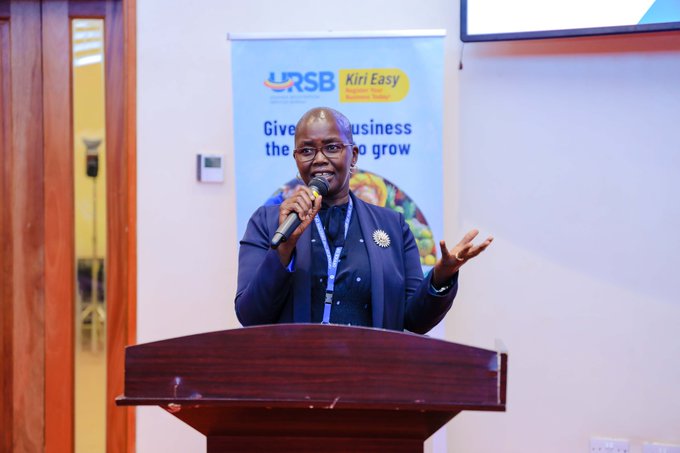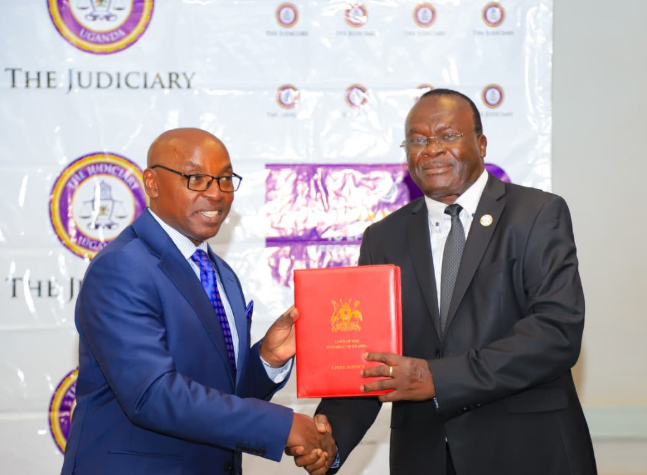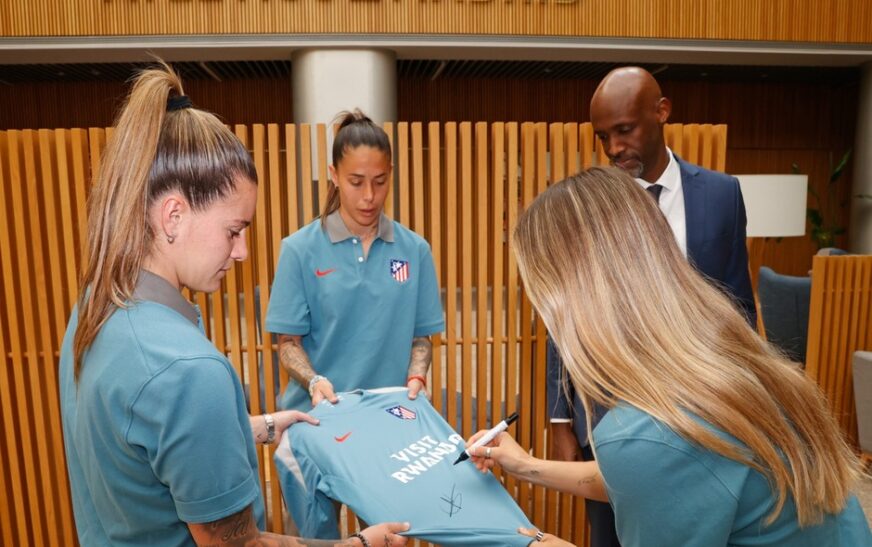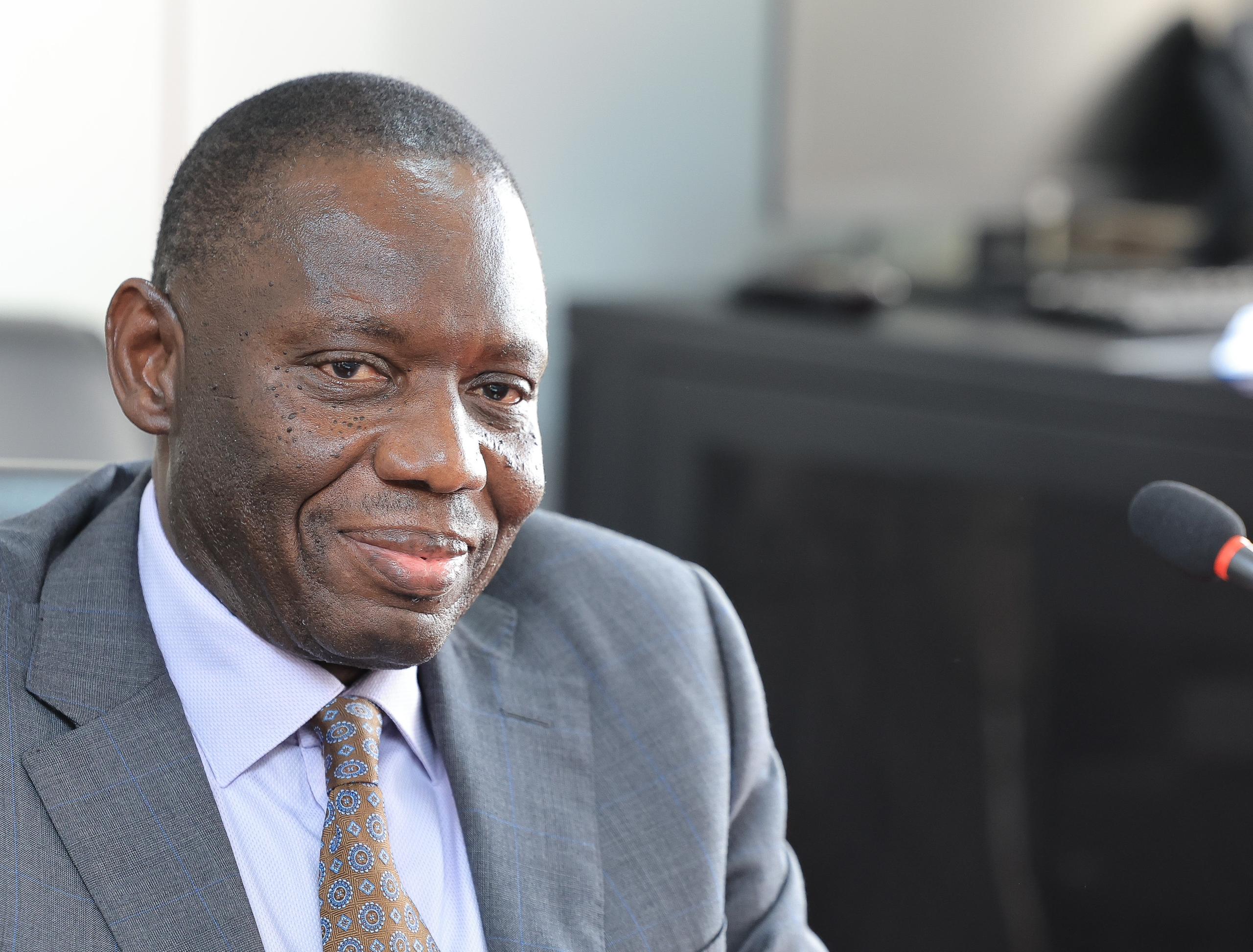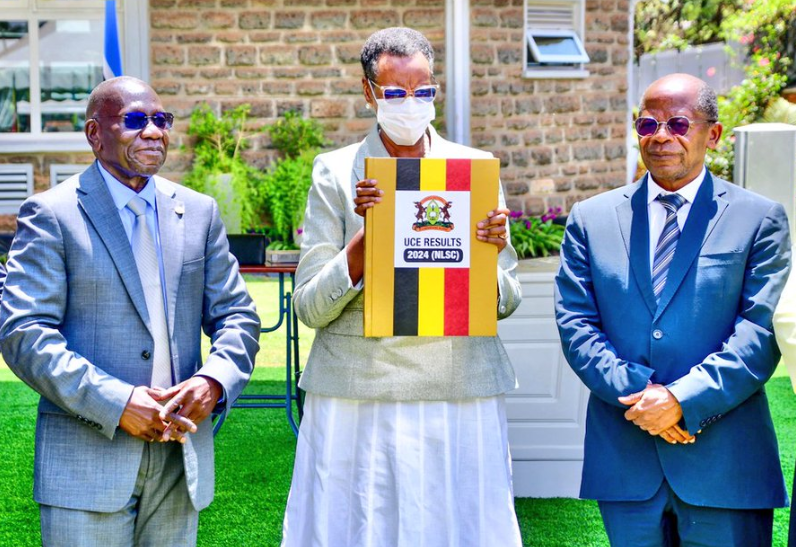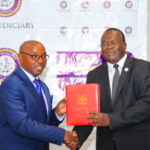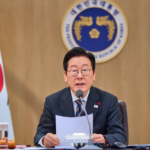In a bid to entrench professionalism, accountability, and efficiency in Uganda’s criminal justice system, the Office of the Director of Public Prosecutions (ODPP) held an intensive training session in Masindi focused on Prosecution-Guided Investigations (PGI) — a flagship reform aimed at transforming how complex criminal investigations are conducted and prosecuted across the country.
The training, which convened a cross-section of frontline criminal justice actors—including Prosecutors, District Police Commanders, Investigators, and District Internal Security Officers—is part of the ODPP’s national rollout strategy to ensure early prosecutorial involvement in investigations. The goal is to improve evidence quality, case management, and conviction outcomes, particularly in complex criminal cases.
Charlotte Nanziri, Resident Senior State Attorney for Masindi, speaking on behalf of the Regional Officer for Hoima, described the training as a timely intervention. She praised the ODPP’s initiative to empower criminal justice officers in the region with practical skills to enhance prosecutorial integrity and strengthen institutional collaboration.
The session was led by a specialized team from the ODPP’s Anti-Corruption Department, including Safina Bireke, Chief State Attorney and Head of PGI in the department; Stanley Baine, Chief State Attorney and Deputy Head of ACD; and Senior State Attorneys Nicholas Kawooya and Ms. Gertrude Apio.
Bireke delivered an overview of the PGI Guidelines, launched in 2023, which advocate for prosecutorial oversight from the earliest stages of an investigation, beginning when a crime is first reported. She emphasized that PGI has been instrumental in the Anti-Corruption Department achieving a remarkable 93% conviction rate. “Early prosecutorial input enhances the quality of evidence and minimizes trial collapses,” she asserted. “PGI is central to prosecutorial excellence,” she emphasized.
Baine expanded on the tangible benefits of PGI, noting that the framework introduces investigative discipline, clarifies the roles of investigators and prosecutors, and incorporates timelines and targets to prevent delays and procedural overlaps. “PGI ensures a collaborative, accountable pursuit of justice,” he said.
A practical application exercise conducted by Kawooya and Apio followed the presentations, allowing participants to simulate real-time PGI implementation. The hands-on approach provided space for critical engagement with the guidelines and highlighted the procedural gaps PGI is designed to address.
Closing the session, SP Tayebwa Michael, District Police Commander of Buliisa, endorsed the training as a much-needed platform for strengthening inter-agency coordination. “We must continue holding joint sessions like this,” he said. “Prosecution and police must move in lockstep to successfully administer credible justice.”
The Masindi engagement marks another key milestone in the ODPP’s broader PGI strategy, reflecting a growing shift in Uganda’s justice sector toward integrated investigation-prosecution models. With corruption, economic crime, and organised criminality on the rise, PGI is increasingly being seen as a reform tool and a necessary evolution in prosecutorial practice.

